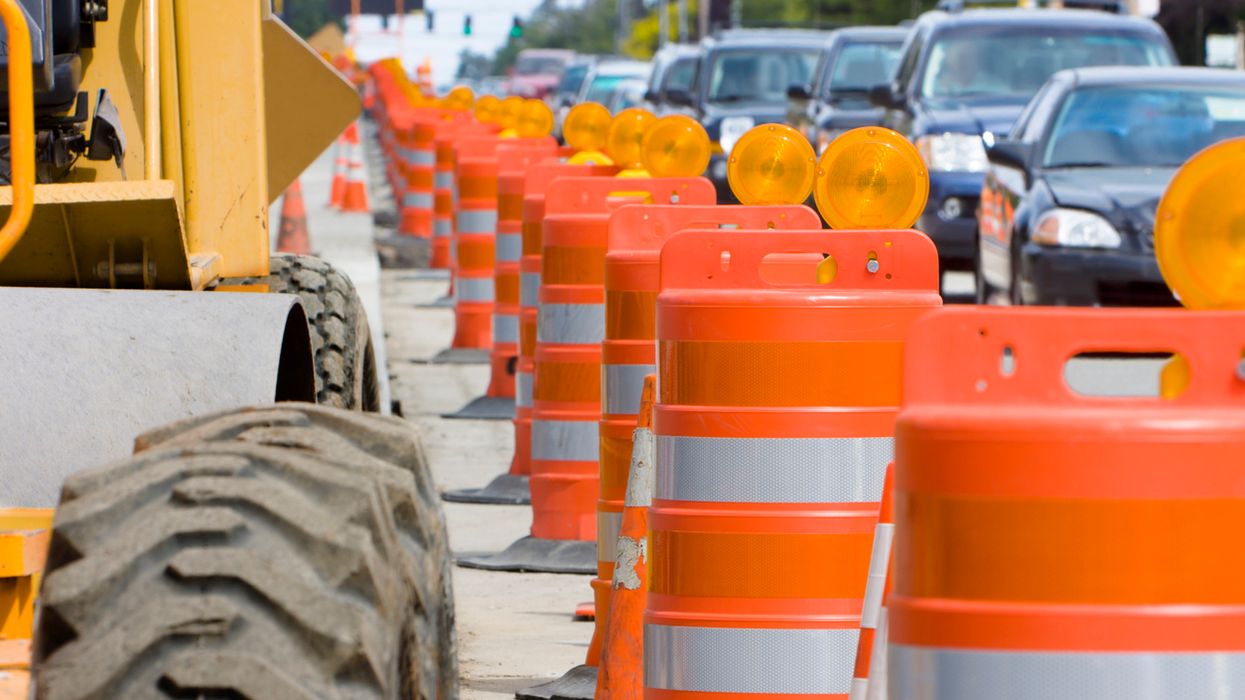
National Work Zone Awareness Week Spotlights Safety, April 15-19
Road construction and maintenance projects are the keys to maintaining healthy roadways. Yet, these work zones can provide challenges to drivers.
New speed limits, traffic patterns and rights of way, as well as worker and vehicle movement, can all impact work zone safety.
National Work Zone Awareness Week, April 15-19, shines a spotlight on ways drivers can keep themselves as well as work zone workers safe.
The Federal Highway Administration (FHWA) has joined with the American Association of State Highway and Transportation Officials (AASHTO) and the American Traffic Safety Services Association (ATSSA) to coordinate and sponsor the awareness campaign.
This year’s theme is “Work zones are temporary. Actions behind the wheel can last forever.”
Safety preparation begins before sliding into the driver’s seat and continues when traveling through a work zone.
The FHWA encourages drivers to keep the following in mind:
Sharing the Road
Work zones present challenges for truck drivers – narrowed lanes, sudden stops, traffic pattern shifts, and uneven road surfaces can lead to crashes and fatalities if they are not prepared and alert. Plan your route, reduce speed, stay alert, and do your part while traveling through work zones.
Large blind spots, long stopping distances, and size constraints make maneuvering large trucks and buses in work zones particularly challenging. Passenger vehicles should be mindful that CMV drivers need to take extra precautions when driving through these areas.
Pay close attention to road workers and flaggers – give them extra room, always slow when approaching them, and be prepared to stop if necessary. Pay close attention to road workers and flaggers – give them extra room, always slow when approaching them, and be prepared to stop if necessary.How to Drive Safely Through Work Zones
There are plenty of resources available to research your routes and check for upcoming work zones. Make sure you know of any road work before embarking on your route and when possible, use detours to avoid having to pass through these areas.
Reduce speed while traveling through work zones, paying close attention to signs and signals.
Be aware of passenger vehicle drivers around you, who may not be aware of commercial vehicle driving challenges, including large blind spots and longer stopping distances.
When approaching lane closures, move into the open lane as soon as possible – pay close attention to vehicles around you that could be in your blind spot.
Rear-end crashes are common in work zones – obey all speeds, avoid distractions and maintain extra space between your vehicle and the one in front of you at all times.
For more information on work zone safety, visit the FHWA website.
By “Move Ahead” Staff